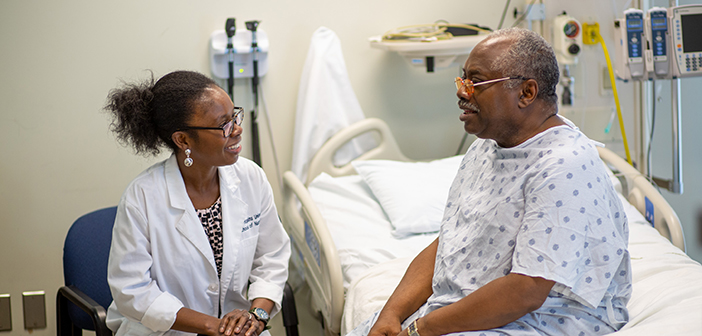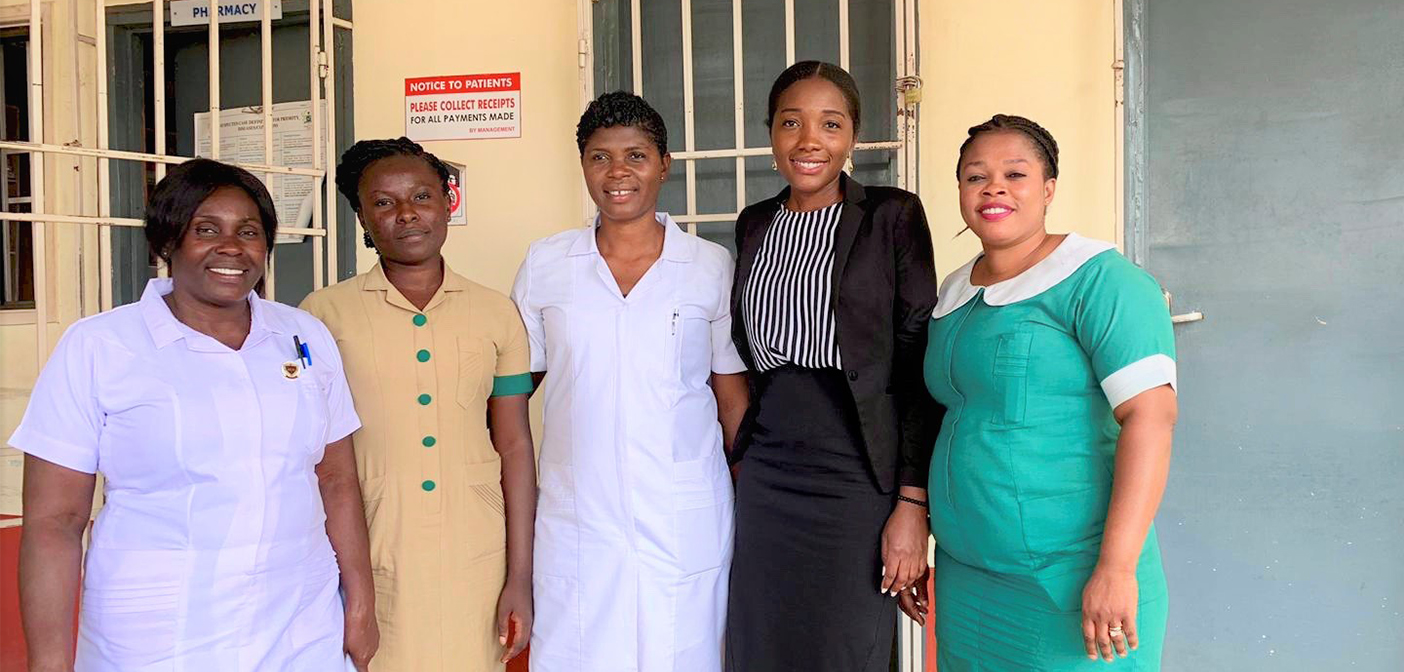Surgeons who do work
Overseas. To me, they are
Special folk, indeed.
Tonight, I listened to Mr. Adam Kushner give a talk on “Strengthening Surgical Capacity in Developing Countries,” and I was fascinated and in awe of the challenges facing health care workers who work in developing areas. He explained the many challenges of working in countries like Sierra Leone, Malawi, and Ethiopia and how difficult it is to work in hospitals that don’t have running water or electricity on a regular basis. Many of these hospitals lack basic safety equipment, like face masks for the surgeons and nurses to wear during procedures, which are particularly important safety devices considering the high rate of HIV infection among patients in some countries. Even things like incentive spirometers (a device to test respiratory function) are often absent, so doctors might “MacGyver-it” and use a latex glove.
But the amazing thing is that surgeons and other health care workers like Mr. Kushner are invested in increasing access to these items in developing countries and also in increasing their ‘capacity to care’. In other words, it’s not up to western-trained medical workers to step in and be heroes, it’s about teaching and improving the skills of the local staff so that they will not only have a sustainable, reliable, working medical system, but also to prevent brain-drain within the country–which is what can happen when local doctors are lured away by NGOs. Mr. Kushner and other members of Surgeons Overseas conduct training workshops and seminars to increase the knowledge and experience of the trainees, and they also offer practice sessions for trainees.
I left the lecture with stars in my eyes and an overwhelming feeling that this is EXACTLY the kind of work that I’m meant to do. I just wish I could start tomorrow.
To learn more about Mr. Kushner’s work, visit his website at www.adamkushnermd.com
 Americans Trust Nurses to Improve the Health Care System, and They are Right to Do So
Americans Trust Nurses to Improve the Health Care System, and They are Right to Do So Heart Disease’s Global Fingerprints
Heart Disease’s Global Fingerprints Gross and Colleagues Write Opinion Piece on Toxic Stress of Separating Parents and Children
Gross and Colleagues Write Opinion Piece on Toxic Stress of Separating Parents and Children An Ethical Dilemma in Advanced Practice Nursing
An Ethical Dilemma in Advanced Practice Nursing Race, Health, and Medicine
Race, Health, and Medicine







